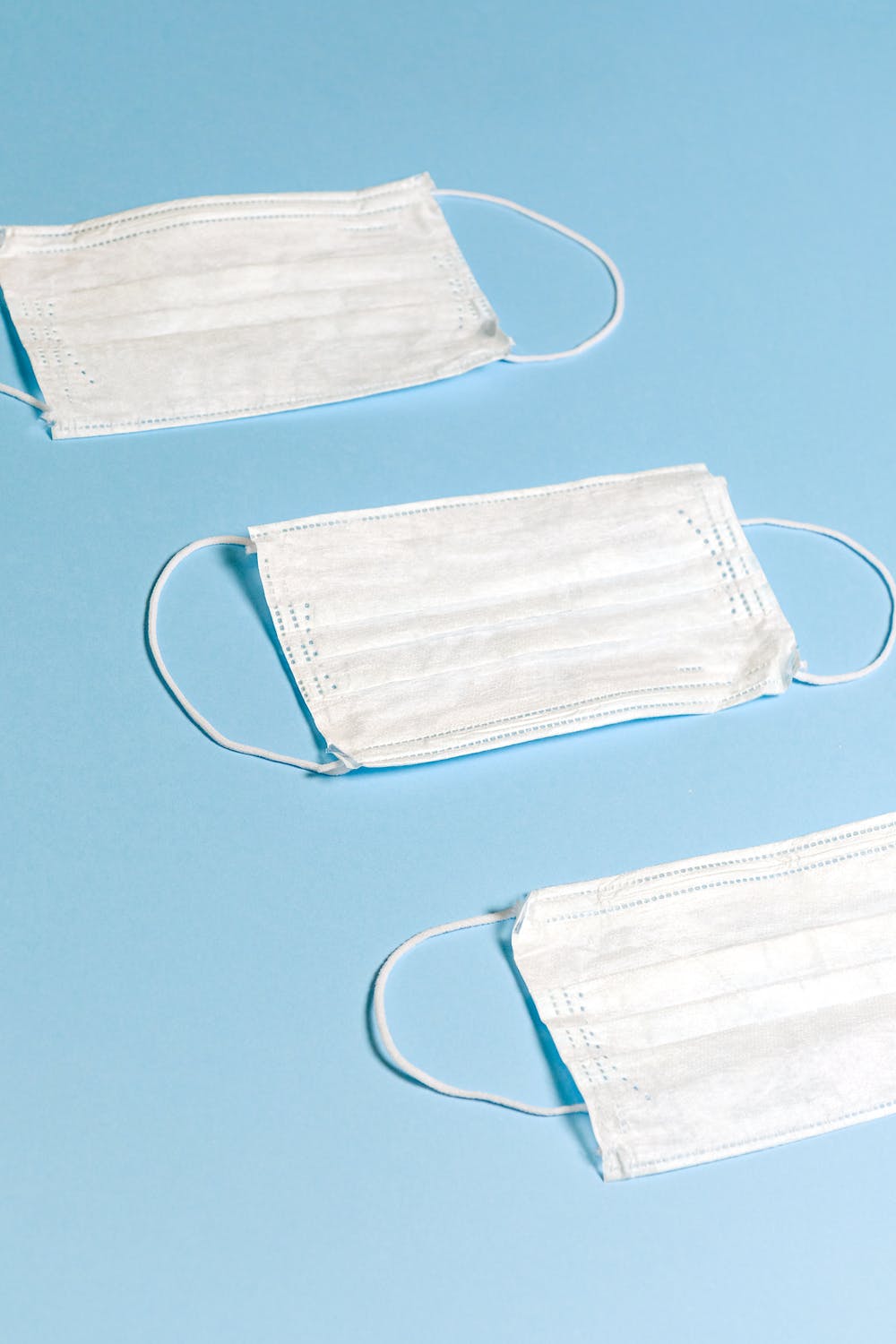Author Interviews, Health Care Systems, Sleep Disorders / 16.02.2023
McMaster Study Finds Musical Alarms Can Decrease Stress For Hospital Workers
MedicalResearch.com Interview with:
Michael R. Schutz, Ph.D.
Professor of Music Cognition/Percussion at McMaster University
Founding director of the MAPLE Lab and
Core member of the McMaster Institute for Music and the Mind.
Prof. Schutz is also a professional musician and directs McMaster’s percussion ensemble.
MedicalResearch.com: What is the background for this study?
Response: Hospitals around the world are filled with devices generating aconstant stream of tones conveying information to medical staff.overburdened healthcare professionals, and contributes to burnout inmedical staff. The Emergency Care Research Institute (ECRI) regularlyincludes problems with auditory alarms in their list of "Top 10 HealthTechnology Hazards" and they are so problematic an FDA surveyimplicated them in hundreds of patient deaths.While there is currently a lot of interest in how to improve alarmmanagement protocols, this study is different in that it looks atimproving the quality of the alarm sounds themselves. For historicalreasons many default to simplistic "beeps" which are generallyannoying. While annoying is useful for critical alarms requiringimmediate action, the vast majority of these messages are merelyintended to update medical staff of changes (i.e. blood pressure isrising) or indicate other situations that do not require immediateaction. Unfortunately, many machines use the same simplistic andannoying "beeps" regardless of whether the messages are urgent ornon-urgent. This constant flood of annoying beeps negatively affectsboth patients (extending recovery time due to interrupted rest) andstaff (who can develop "alarm fatigue" from the constant cacophony). (more…)





